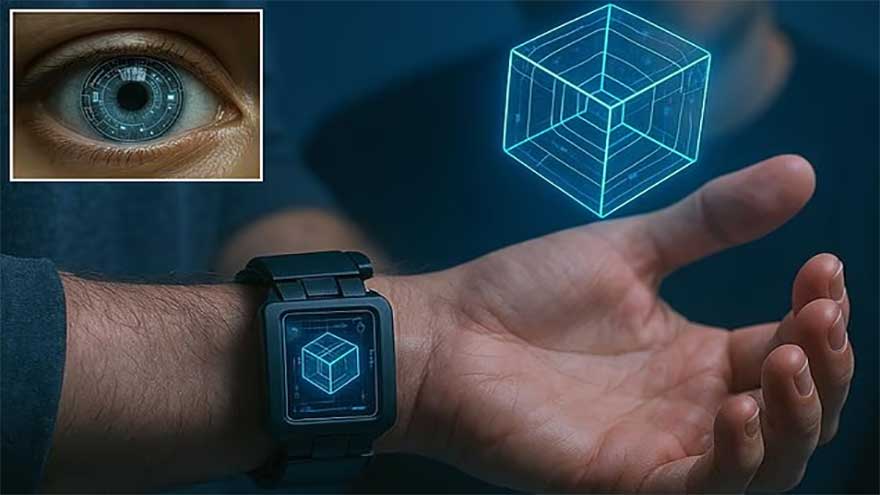By 2030, rapid advancements in robotics, AI, and biotechnology are set to blur the line between human and machine, granting abilities once thought impossible. Robotic exoskeletons, already in use in hospitals and factories, will amplify strength, allowing wearers to lift heavy objects effortlessly. Meanwhile, AI-powered wearables like smart glasses and earbuds will provide real-time augmented reality, instant knowledge, and even digital “super senses.” Futurists like Ray Kurzweil predict that these innovations are just the beginning—by 2045, humans may fully merge with machines, unlocking unprecedented cognitive and physical potential.
Healthcare is poised for a revolution, with microscopic nanobots potentially patrolling our bloodstreams to repair tissue, fight disease, and even extend lifespans. Kurzweil believes that by 2029, AI will reach superhuman intelligence, accelerating medical breakthroughs. Meanwhile, advanced contact lenses could grant night vision or overlay digital information directly onto our sight. Enhanced sensory devices, like magnetic-field-detecting implants or weather-sensing “fins,” may soon allow humans to perceive the world in entirely new ways.
Despite the excitement, these technologies face ethical and technical hurdles, including privacy concerns and safety risks. Yet, many are closer than we think—some may become mainstream within the next five years. Companies like Neuralink are already developing brain-computer interfaces, while Meta and Google are integrating AI into everyday wearables. As Louis Rosenberg predicts, “augmented mentality” will soon allow AI agents to enhance our perception, cognition, and interaction with the world in real time.
The implications are staggering: a future where humans wield superhuman strength, instant knowledge, and even extended lifespans. Whether through exoskeletons, nanomedicine, or neural implants, the next decade could redefine what it means to be human. As Kurzweil boldly claims, the foundation of human immortality may begin by 2030—ushering in an era where biology and technology become indistinguishable. The question is no longer if these changes will happen, but how we will adapt to a world where science fiction becomes reality.














